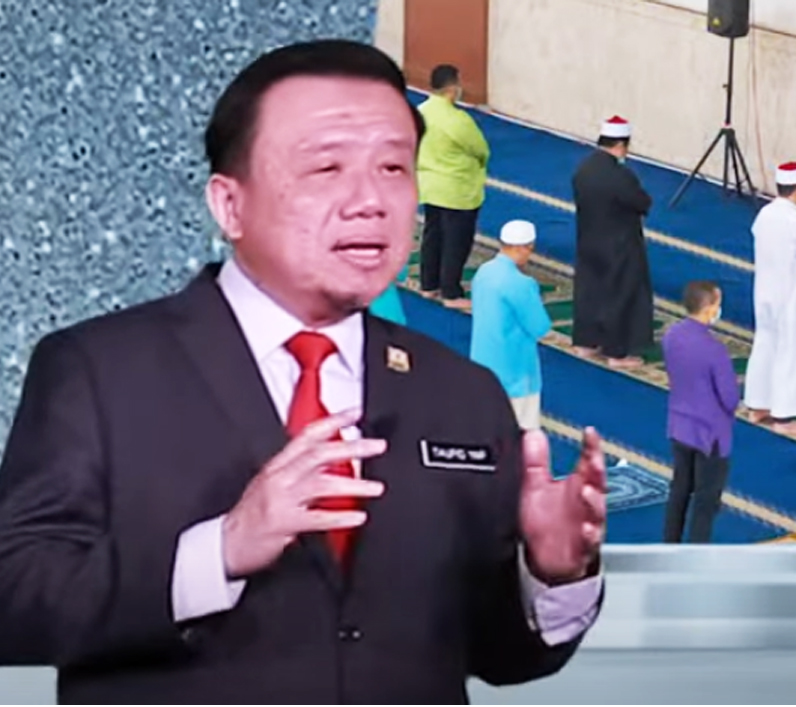 KOTA KINABALU: Universiti Malaysia Sabah (UMS) staff have been urged to be more creative and innovative in their daily duties to ensure the quality of service delivery.
KOTA KINABALU: Universiti Malaysia Sabah (UMS) staff have been urged to be more creative and innovative in their daily duties to ensure the quality of service delivery.
Making the call, UMS Vice-Chancellor Prof Datuk Dr Taufiq Yap Yun Hin said the university has always work to improve its information technology infrastructure.
“This is to support the transformation of service and information delivery while adapting to the new normal,” he said in his New Year’s address.
“In addition, the UMS management will also implement a number of plans and initiatives related to human resource sustainability aimed at empowering and increasing the productivity of its staff.
“This is in line with the UMS Strategic Plan to achieve its vision and mission, as well as to ensure UMS remains relevant and continue to become ‘a university for the society’.”
Taufiq is also optimistic that UMS will continue to achieve success not only at the national but also international level, and will continue to benefit the country, State and the community.
“I hope UMS staff will continue to strengthen their cooperation for the excellence of the university.
“We also need to continue to inculcate and enhance the core values of UMS, namely dynamics, sustainability, integrity, integrity, fairness and contentment in ourselves,” he said.
Recapping the challenging year of 2020, he said the challenges displayed the relevance of UMS as a higher learning institutions and research centre by helping the government and the people to face the pandemic.
“UMS’ contributions can be seen through various innovations such as the production of personal protective equipment (PPE), including the Covinizer hand sanitiser and the Covi-Pro face shield, as well as facilities like the Covid Sampling Chamber and the Covid Sanitation Tunnel.
“The PPEs had been distributed to frontliners, students and staff. The university’s lecturers and researchers had also helped affected communities such as the initiative to help tomato farmers in Ranau processed their products.”
The university’s research laboratories, he said, were also used to conduct more than 4,000 Covid-19 sample screening tests.
“I hope 2021 will be welcomed with a new spirit and positivity to create more successes amidst the coming challenges,” he said.
Source: http://www.dailyexpress.com.my/news/164421/be-more-creative-and-innovative-ums-staff-told/



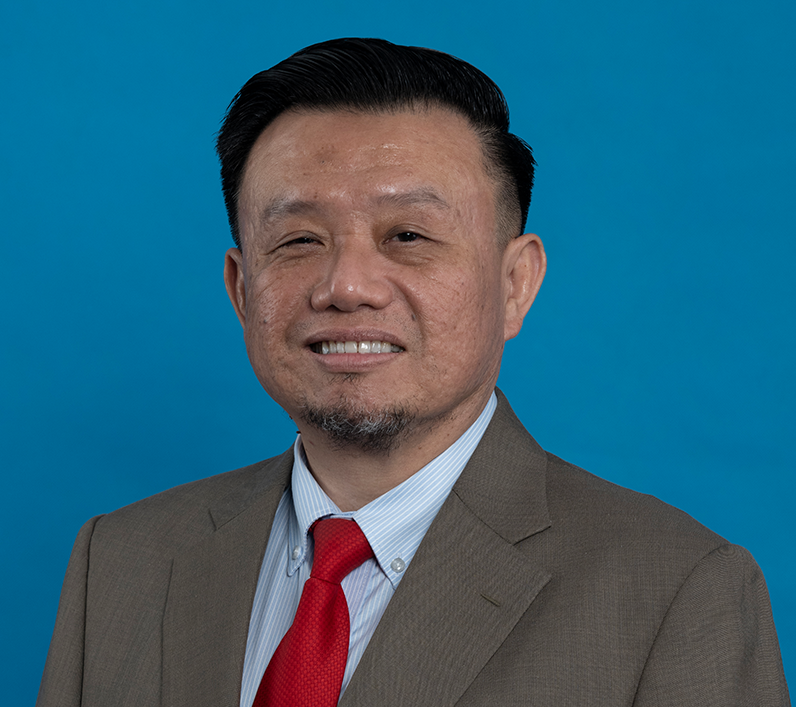 KOTA KINABALU: The Association of Management and Professional Officers of Universiti Malaysia Sabah (PPUMS) organised its 14th Annual General Meeting under new norms online recently.
KOTA KINABALU: The Association of Management and Professional Officers of Universiti Malaysia Sabah (PPUMS) organised its 14th Annual General Meeting under new norms online recently.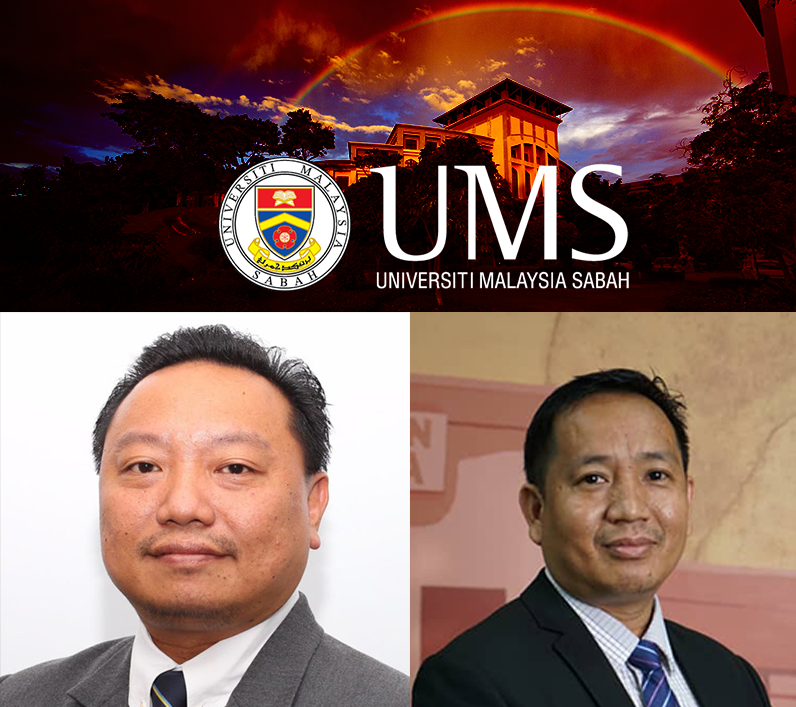
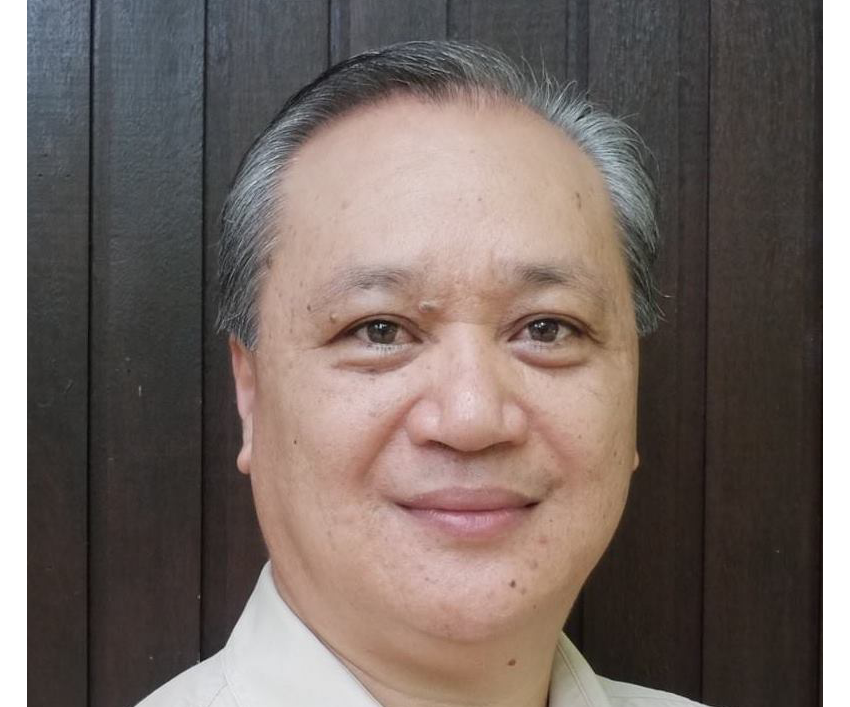 KOTA KINABALU: Professor Dr Felix Tongkul, probably Sabah’s most well-known geologist, clocked out to his retirement as Director of Natural Disaster Research Centre at the Faculty of Science and Natural Resources, University Malaysia Sabah (UMS), yesterday (Wednesday).
KOTA KINABALU: Professor Dr Felix Tongkul, probably Sabah’s most well-known geologist, clocked out to his retirement as Director of Natural Disaster Research Centre at the Faculty of Science and Natural Resources, University Malaysia Sabah (UMS), yesterday (Wednesday). 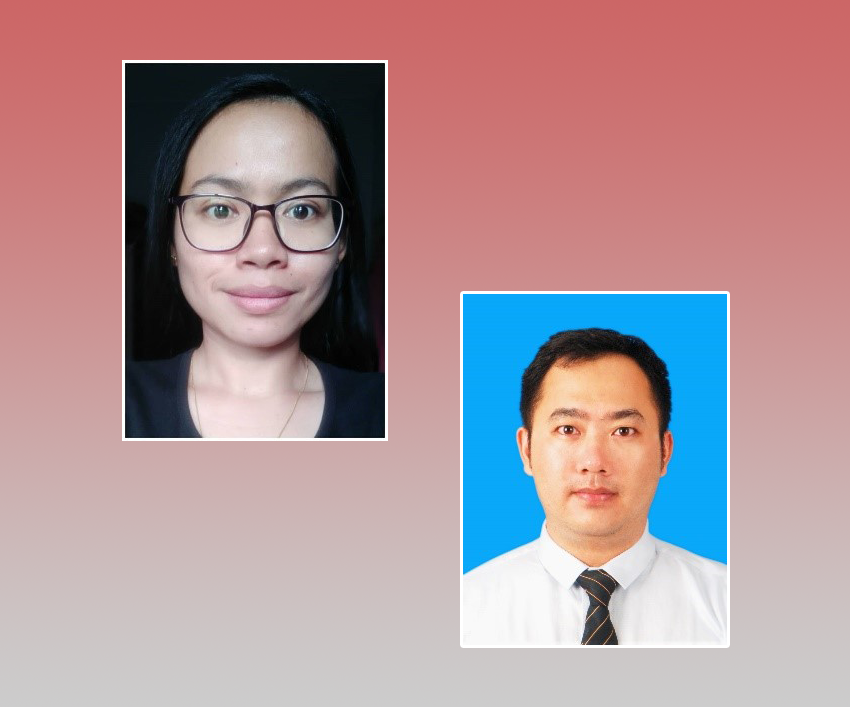 KOTA KINABALU: In the midst of shifting from conventional learning method to online learning, more conferences have moved to online platforms devoid of the hustle and bustle of physical attendance.
KOTA KINABALU: In the midst of shifting from conventional learning method to online learning, more conferences have moved to online platforms devoid of the hustle and bustle of physical attendance.